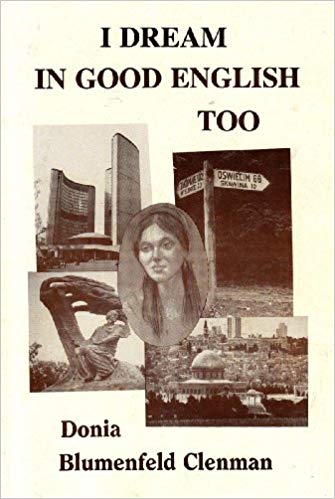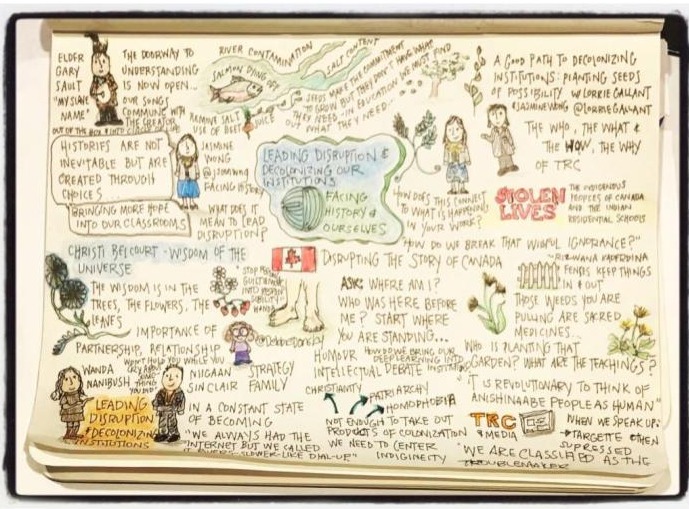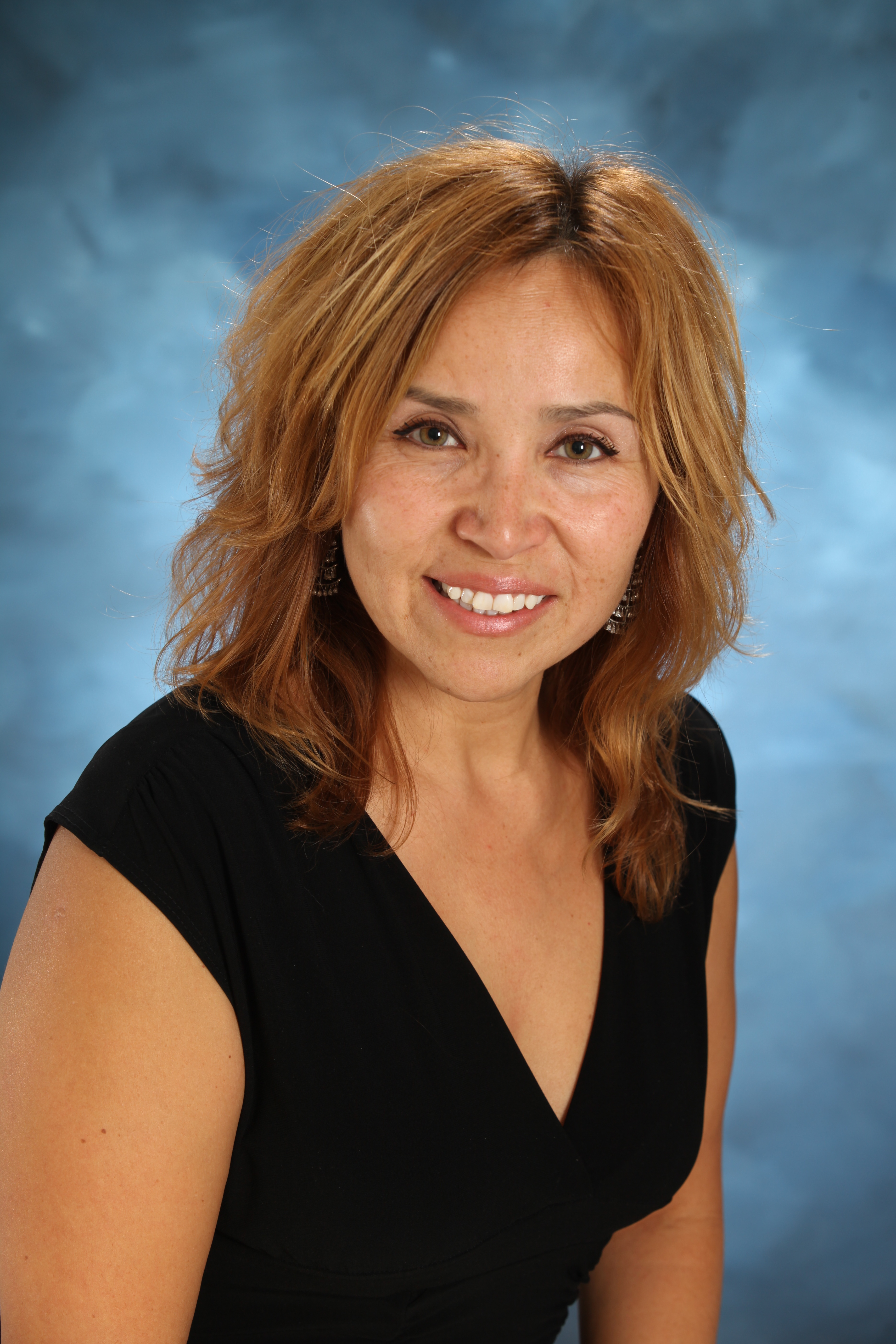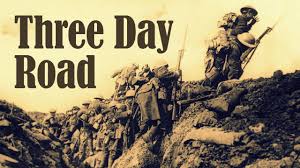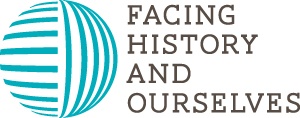This September I returned to the classroom after a leave and for the first time in my two decades of teaching, I worried I did not have one essential educational tool I had always taken for granted: hope. I had it on a personal scale, for myself, my family, my school community and students; however I did not have it in any abundance for the world at large.
Read More
Topics:
Safe Schools,
School Culture,
A View from the Classroom,
difficult conversations
This spring, Facing History and Ourselves, in partnership with the Azrieli Foundation Holocaust Survivors Memoir Program, invited 175 students from 6 schools to layer onto their learning about the history and legacies of the Holocaust, or of Canada's Residential Schools by reading Survivor memoir. Students read Theodore Fontaine’s Memoir Broken Circle: The Dark Legacy of Indian Residential Schools, or excerpts of Nate Leipciger’s Memoir The Weight of Freedom, then created pieces that reflected their understanding and responses to these testimonies, which were gifted to each Survivor.
Read More
Topics:
Toronto,
Holocaust,
Memoir,
Facing History and Ourselves,
Survivor Testimony,
Canada,
Residential Schools,
Canadian History,
Student Work,
project,
genocide,
Holocaust and Human Behaviour,
reflection,
Connected Learning,
Grade 10 History,
HSB,
CHC,
difficult conversations,
trc,
stolen lives,
facing history pedagogy,
Azrieli Foundation Memoirs,
Decolonizing Schools,
Holocaust History in Canada,
Facing Canada,
cross curricular teaching and learning,
collaborative inquiry
In the Aftermath Project, director Sarah Terry reminds us that war is only half the story: "To be fully informed, we have to know the stories of post-conflict." It is in these stories, "where we are constantly redefining what it means to be human, what it means to live again, to rebuild civil society, to recover from trauma. If we don't know these stories, then we don't really understand the world we live in, and we will repeat history again and again and again." Through her poetry, Holocaust survivor Donia Blumenfeld Clenman conveyed some of these essential stories of the aftermath of genocide. With clarity, humanity and gentleness, her words connect us to her struggles, and teach us what it means to face - and recover - from trauma. In the month of her passing, we remember her legacy and honour her words.
Read More
Topics:
Poetry,
Survivor Testimony,
Judgement and Legacy,
difficult conversations,
Holocaust History in Canada
On Monday May 6, 2019 Facing History and Ourselves Canada is celebrating our tenth anniversary with a program called Unlearning Hate: A Conversation with Derek Black and Allison Gornik at the Toronto Centre for the Arts.
Read More
Topics:
Antisemitism,
difficult conversations,
apologies,
Facing Canada,
white supremacy,
islamophobia
A Response to: Leading Disruption & Decolonizing Our Institutions: Facing History & Ourselves
Read More
Topics:
Truth and Reconciliation,
Indigenous History,
Culturally Responsive and Relevant Pedagogy,
Indigenous,
difficult conversations,
trc,
stolen lives,
settler eucators,
Treaty,
Sacred Circle Teachings,
Decolonizing Schools,
Facing Canada
When I moved away from being a classroom teacher to the role of Instructional Coach I knew my passion was in equity work. In Peel we have a five year School Success Plan with one branch of focus dedicated to equity and inclusion. Within the equity and inclusion branch of the plan there are four communities identified as a focus for teachers to gain additional knowledge about in order to better teach and support those students to learn and be successful in Peel schools. The four groups are: students who identify as a part of the LGBTQ+ community, First Nation, Metis and Inuit students, black male students, (this year the focus shifted to all black students) and students living in poverty.
Read More
Topics:
Teaching Strategies,
Teaching Resources,
Teachers,
Indigenous History,
Book,
difficult conversations,
stolen lives,
settler educators,
Black History,
Equity in Education,
Poverty
Dr. Pamela Rose Toulouse, associate professor in the Faculty of Education at Laurentian University, 3M National Teaching Excellence Fellow and author of Achieving Indigenous Student Success, and Truth and Reconciliation in Canadian Schools frames the role educators can play as allies to Indigenous (and non-Indigenous) students and shares with us several key resources for how to do so.
Read More
Topics:
Teaching Strategies,
Residential Schools,
HSB,
CHC,
difficult conversations,
trc,
stolen lives,
facing history pedagogy,
settler educators,
Treaty,
Sacred Circle Teachings
In my grade 10 Canadian history class, I often used excerpts from Joseph Boyden’s Three Day Road to explore what life was like for soldiers during WWI. In this novel, protagonist Xavier Bird returns to Northern Ontario in 1919 after fighting in France and Belgium. He is met by his aunt Niska, an Oji-Cree woman, and the two travel back to their village. On this journey, the two recount traumatic experiences from their past - Xavier as a soldier returning from the front and Niska as a survivor of residential schools.
Read More
Topics:
Canada,
Canadian History,
Truth and Reconciliation,
Indigenous History,
Book,
Indigenous,
English Classroom,
big paper,
English,
Grade 10 History,
CHC,
difficult conversations,
trc,
stolen lives,
settler educators
Join us on Sunday February 25th for an educator workshop and special film screening with Director Susan G Enberg and Louis Knapaysweet, an elder and survivor of St. Anne's Residential School.
Read More
Topics:
Film,
Survivor Testimony,
Residential Schools,
workshop,
CHC,
difficult conversations,
trc,
stolen lives,
facing history pedagogy,
settler educators


.jpeg)
